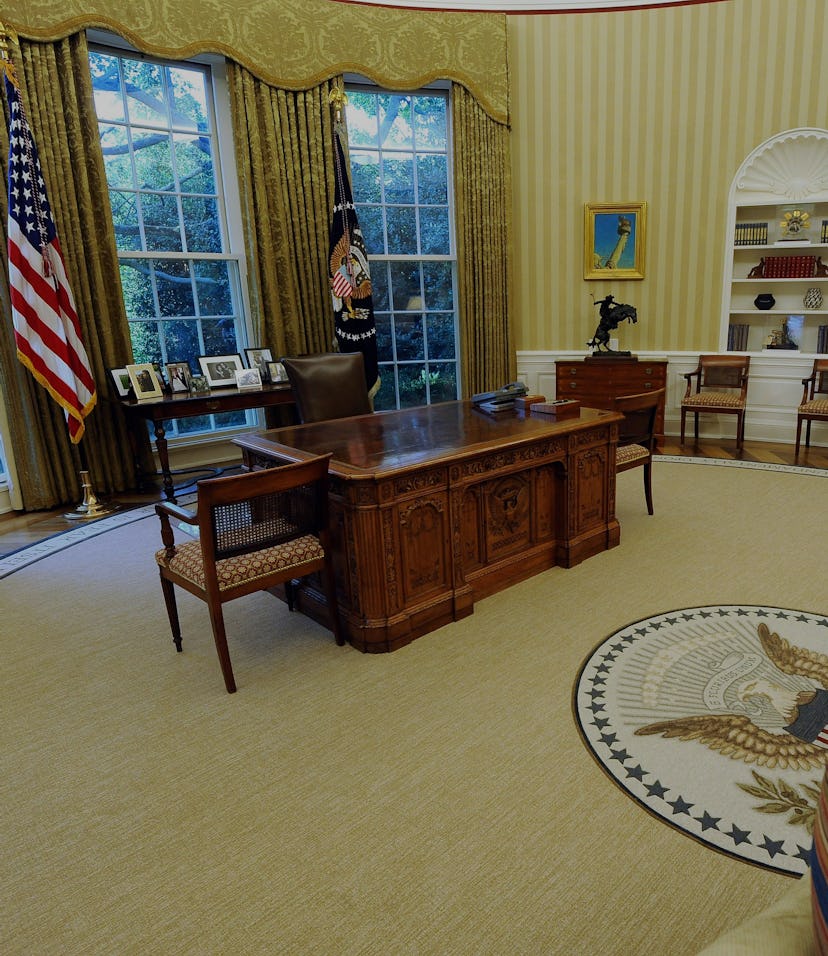Culture
One of Big Tech's staunchest critics is joining The White House
Columbia law professor Tim Wu has called for regulators to rein in America's largest tech companies before, and now he's got direct access to the President's ear.

The nation's biggest tech companies received some bad news yesterday, ending a week in which markets took a knock, too, after seeming invincible so far this year. President Biden announced yesterday that Tim Wu has been named to the National Economic Council as a special assistant to the president for technology and competition policy. Wu has long been an outspoken critic of the tech sector, saying that he believes its giants have failed to live up to their promises of protecting user data and have stifled competition.
Acrimony — After a friendly relationship under the Obama administration, Democrats quickly soured on the tech industry. Biden has said he would be open to breaking up tech companies, and that the Section 230 protections afforded to social media companies that give them immunity from the content posted on them should be revoked over, among other things, Facebook's willingness to host harmful speech.
Repealing Section 230 is something that worries technology experts. But bringing on Wu is a sign that the administration is serious about taking action to make corporations start behaving like better citizens, such as by paying their fair share of taxes and not standing in the way of would-be competitors.
While tech will be a big focus for Wu, more broadly his focus will be on competition in labor policy, including noncompete clauses that companies use to monopolize talent or limit mobility. He will also scrutinize the concentration of power in the agriculture and drug industries.
Second time's the charm — This isn't the first time that Wu has worked in the National Economic Council. During the Obama administration, he also worked on competition policy. He has since said he regrets the genial relationship the administration had with the tech industry at the time. Companies including Facebook and Google greatly expanded their empires through mergers and acquisitions during the period, scooping up large properties that have helped them maintain their dominance over everything from advertising to data collection and e-commerce.
The end result of changing tides could be break-ups of the tech giants, or reforms that require companies like Apple to loosen their control over some of their own services. That company has said it locks down iPhones in the interest of consumer safety, but critics have argued that it's in Apple's economic interest to keep tight control of the App Store.
Tech companies have been fighting hard with lobbyists in Washington to push back against any reform. And just this week Apple announced it was making it easier for iCloud users to move their image libraries to Google Photos in what's clearly a move to head off antitrust allegations.
Regulators first began seriously investigating the tech industry during the Trump administration, and both Facebook and Google were sued last year over claims of anticompetitive behavior. It was revealed during a Congressional investigation, for instance, that Facebook CEO Mark Zuckerberg explicitly suggested buying Instagram in order to neutralize a competitive threat. That's one reason why legislators now feel it may be time to break up the company despite approving the acquisition in 2012.